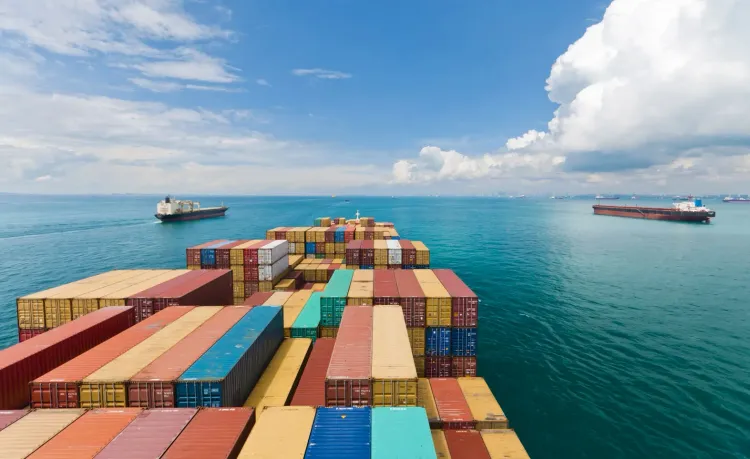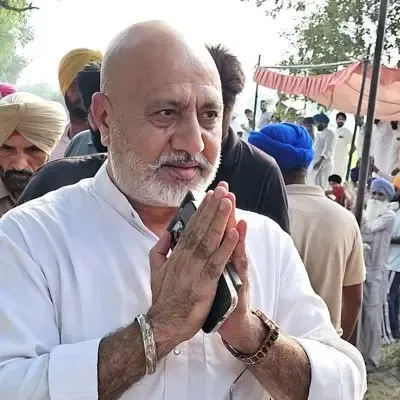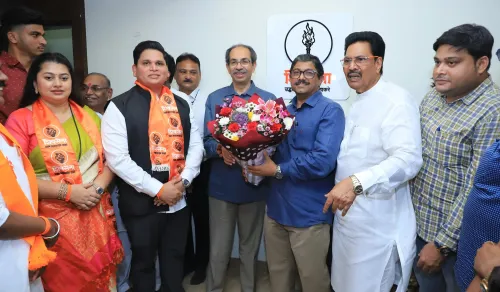Is India Engaging in US Trade Deal Talks to Promote Fairness and National Security?

Synopsis
Key Takeaways
- Active Engagement: India is proactively involved in BTA discussions with the US.
- Focus on Fairness: The agreement aims to ensure fairness and national security.
- Support for Farmers: Farmer livelihoods and food security are prioritized in negotiations.
- Negotiation History: Five rounds of negotiations have taken place since March 2025.
- Trade Safeguards: Measures are available to protect domestic industries from import surges.
New Delhi, Aug 5 (NationPress) Amidst threats of significant tariffs from US President Donald Trump, India is diligently participating in negotiations regarding the Bilateral Trade Agreement (BTA). This initiative seeks to enhance trade and investment while deepening the US-India trade relationship to foster growth that prioritizes fairness, national security, and job creation, particularly in labour-intensive sectors such as agricultural products, as informed to Parliament on Tuesday.
Current discussions are centered on adopting a cohesive strategy to bolster bilateral trade by mutually enhancing market access, lowering both tariff and non-tariff barriers, and improving supply chain integration, as stated by the Minister of State for Agriculture and Farmers’ Welfare, Ramnath Thakur, in a written response to the Lok Sabha.
Thakur emphasized, “The livelihood interests of our farmers and the necessity for food security have always been paramount for the government while negotiating trade agreements with our international partners, including the US.”
In a related query, Minister of State for Commerce and Industry, Jitin Prasada, confirmed that the government is actively engaged in discussions with the US regarding the India-US BTA, aiming to expand trade and investment and enhance the India-US trade relationship for equitable growth, national security, and employment opportunities.
Prasada noted, “Negotiations for the India-US bilateral Trade Agreement commenced in March 2025. Five rounds of negotiations have been conducted, with the latest taking place from July 14-18, 2025, in Washington, US.”
To protect the interests of farmers and domestic industries, international trade negotiations allow the establishment of sensitive, negative, or exclusion lists—categories of goods exempt from tariff concessions.
Moreover, in instances of import surges that may harm domestic industries, countries are permitted to implement trade remedial measures such as anti-dumping duties and import safeguards as mutually agreed upon in Free Trade Agreements (FTAs), according to the minister.









